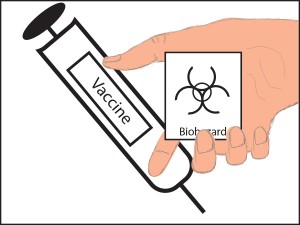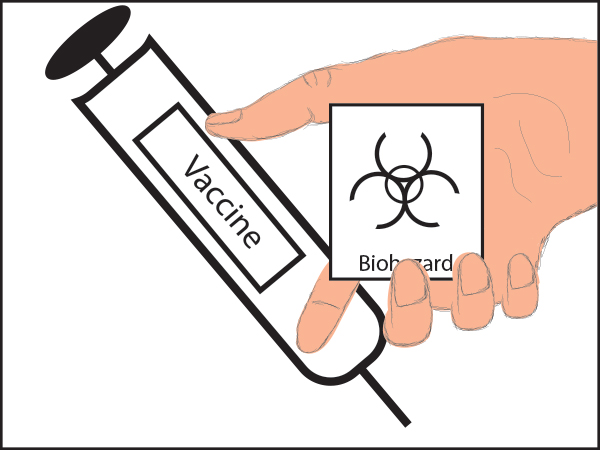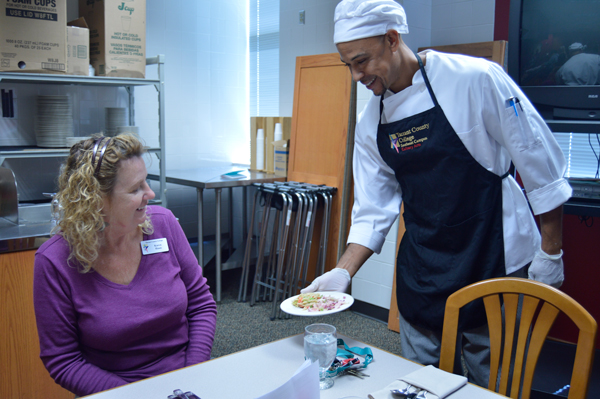Some parents have decided against vaccinating their children because they fear it will give their children autism.
This is not true. Not vaccinating children puts them at risk of contracting potentially fatal diseases and spreading diseases or causing outbreaks.
According to the Canadian Medical Association Journal, the controversy began with a study published in the medical journal The Lancet in 1998 by Dr. Andrew Wakefield linking the measles, mumps and rubella vaccination to autism. Wakefield then made speeches and public appearances recommending single vaccinations instead of the combined MMR.
CMAJ stated that Wakefield and 12 co-authors reported they had investigated claims made by parents that their children had lost acquired skills including language after receiving the MMR vaccine.

Britain’s General Medical Council found that the children Wakefield studied were carefully selected, and some of his research was funded by lawyers acting for parents who were involved in lawsuits against vaccine manufacturers.
The Health Protection Agency in the United Kingdom then attributed a measles outbreak in 2008 and 2009 to a concurrent drop in the number of children receiving the MMR vaccine.
Dr. Laura Blaisdell, a pediatrician helping to research why some Maine residents are choosing to forgo vaccinations, said in the Aug. 10 issue of the Portland Press Herald that an outbreak of measles or pertussis will happen in Maine.
“It’s not a matter of ‘if.’ It’s really just a matter of time of when it will happen.
These are diseases that will come back,” she said. “It will take the death of children for people to understand and realize the merits of vaccines.”
This trend of parents not vaccinating their children is disturbing.
Even if the MMR vaccination was legitimately linked to causing autism, parents would still be risking their children contracting a fatal disease. Autism still means life, even if it is a harder life.
But autism isn’t linked to vaccines, so there is no argument that justifies not protecting children.
The Centers for Disease Control and Prevention reported nearly 600 cases of measles so far this year, which is 10 times higher than a typical year since the vaccine was introduced. One in 1,000 children who fall sick with measles dies, according to the CDC.
Maybe some parents don’t want to fuel the already large amounts of money pumping through the veins of the American medical system. Understandable, but not the right way to go about it.
If a child catches pneumonia before reaching the age of 1, it will need hospitalization. That’s a lot more expensive than just getting a vaccine.
And what about the parents who don’t necessarily have a choice in getting their children vaccinated? What about the ones who simply can’t afford it?
Some children have immune deficiencies. Those children can be immunized, but their immune systems don’t support it, so they’re still at risk of catching infectious diseases.
Parents who are making a philosophical decision not to immunize their children are putting all other children at a higher risk of contracting fatal diseases.
It’s amazing that more children that haven’t been immunized aren’t falling ill. It’s a phenomenon called “herd immunity,” which basically means children who have been vaccinated aren’t getting any other children sick.
On what planet is allowing your child to get whooping cough or polio the better option to paying for a vaccination?
In which dimension is a child dying better than a child receiving preventative treatment?
























